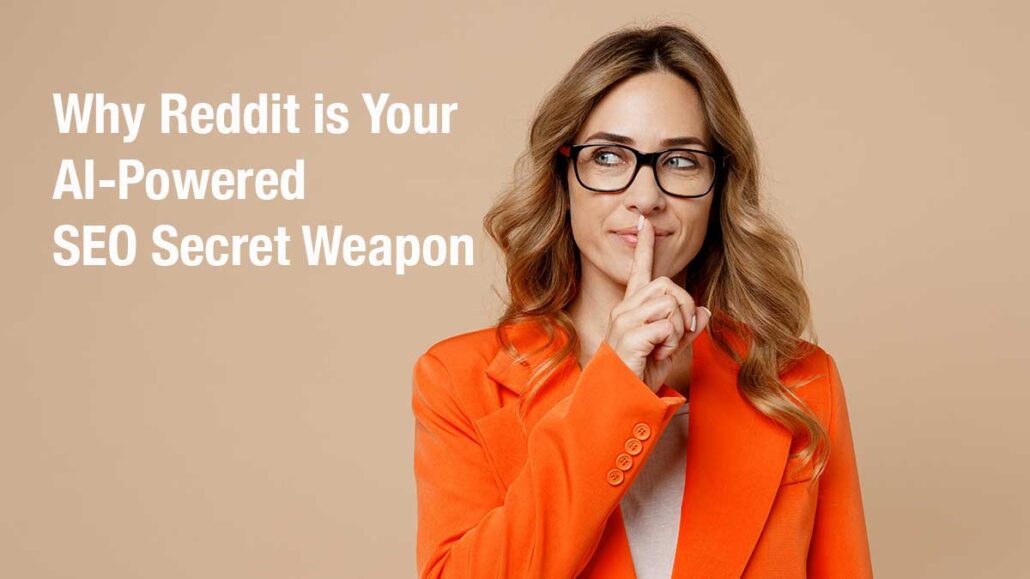PPC and SEO are ultimately about the same thing, search and getting clicks. These two inbound marketing tactics make it easier for your customers to find you online.
It used to be that PPC and SEO were siloed – you either focused on organic SEO or you put all your efforts into PPC campaigns. However, the internet is changing and so is Google, meaning that it’s time for SEO and search strategies to change as well.
When used together, SEO and PPC makes it easier for people to find you and encourages them to click your URL in the Google search results page.
What is SEO?
SEO stands for Search Engine Optimization. SEO is the specialized approach that makes it possible for your website to stand out from the crowd.
The right SEO components and strategy help companies rank higher in SERP. SEO goes beyond keywords to include page formatting, website layout, content structure, links, image tags, and more.
Learn more about SEO from Know Agency:
- What is SEO?
- Why Investing in Professional SEO is Critical
- 6 Ways to Refresh Your Content for Better SEO
What is PPC?
PPC stands for Pay-Per-Click advertising. PPC is an online advertising strategy in which advertisers pay whenever someone clicks on their ad.
The most common type of PPC is the paid search ad. These are the ads you see at the top of Google search engine results pages (SERPs). PPC is used to promote or sell products and services and to drive traffic to a website by giving people answers to their questions.
Both PPC and SEO use keywords to rank higher in SERPs and to capture attention.
5 Benefits of Using PPC and SEO Together
These 5 benefits of using PPC and SEO together underscore why an all-or-nothing approach to just SEO or PPC won’t get you the best possible search results.
Share Keyword Data
Keywords are the foundation of all search marketing. By sharing keyword data between your PPC and SEO campaigns, you gain a more complete understanding of what your audience is searching for. PPC can provide immediate data on which keywords drive clicks and conversions, which you can then use to inform your long-term SEO content strategy. Conversely, SEO can uncover valuable long-tail keywords that might be too expensive or low-volume for a PPC campaign, but which are perfect for a blog post or website page. This synergy allows you to target a wider range of search queries and get the most out of every keyword.
Enhance Visibility and Dominate the SERP
When used together, PPC and SEO can dramatically increase your brand’s visibility on the search engine results page (SERP). It’s a “one-two punch” that gives you more real estate on the first page. A well-optimized PPC ad can secure one of the top spots, while a strong SEO strategy can land your website in an organic ranking directly below it. When users see your brand name and messaging appear in both the paid and organic sections, it builds familiarity and trust, significantly increasing the likelihood that they will click on one of your results.
Short- and Long-Term Marketing
SEO and PPC work on different timelines, making them perfect partners. PPC provides immediate visibility and can start generating results almost instantly, which is ideal for new products, promotions, or a quick boost in traffic. Meanwhile, SEO is a long-term investment that builds sustainable, organic authority and traffic over time. This combined approach ensures you have both immediate returns and a durable, lasting foundation for your online presence.
Improve Your Google Quality Score
A high Google Quality Score is essential for PPC success. It measures the relevance of your ad copy, keywords, and landing page, directly impacting your ad rank and cost-per-click. Combining PPC and SEO helps you improve your Quality Score in a few key ways:
-
Keyword Intelligence: Using data from your SEO efforts helps you choose more relevant keywords for your ads.
-
Landing Page Optimization: Organic content created for SEO can be used to improve the relevance and quality of your landing pages, which Google rewards with a higher score.
-
A/B Testing: You can use PPC ads to test different headlines and descriptions, and then apply the winning variations to your SEO title tags and meta descriptions. This data-driven approach ensures your content is always optimized for conversions.
Create Better Content
Both Google and your customers are savvy; they won’t engage with low-quality content. By using PPC and SEO together, you have access to a wealth of data that tells you exactly what resonates with your audience. The performance of your PPC ads—which headlines get the most clicks, which landing pages convert best—provides invaluable insights. You can then use this information to inform and refine your long-term SEO content strategy, ensuring that your website copy is not only informative and engaging but also highly effective at driving business results.
Putting PPC and SEO Together with Know Agency
Putting PPC and SEO together to improve your visibility, search results, Google ranking, and branding is not simple.
The Know Agency team specializes in AI, SEO, and PPC.
Contact me or Kevin to talk about PPC, SEO, and how we can help improve your search engine ranking.




